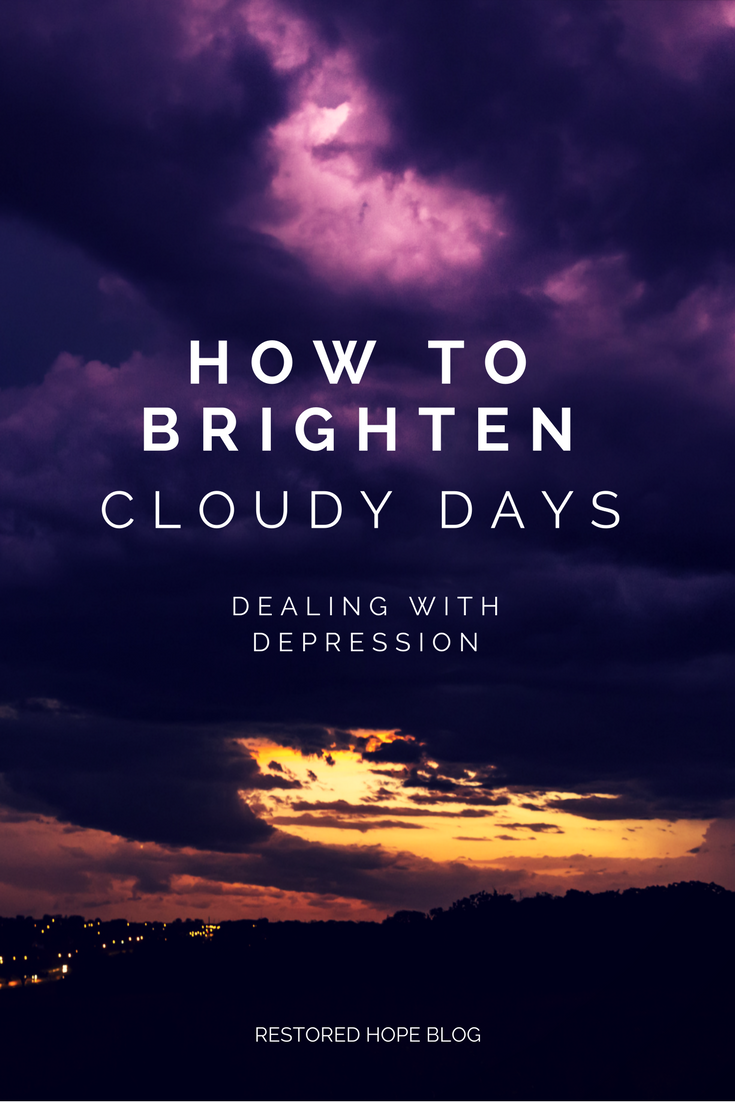Have you ever watched what toddlers do or listened to what they talk about? There’s something special about the way children interact with the world. As adults, we can become consumed by timelines and schedules and priorities. But those things don’t matter to kids – they see things through different eyes.
Before I became a therapist, I worked for a few years as a childcare provider for young children. One 2-year-old I watched was notorious for getting easily distracted – a simple walk along the sidewalk could take what felt like ages, as he would stop every few feet to point out an insect, pick up a rock, or comment on the leaves scattered around the neighbor’s yard.
One day, I followed him up the stairs so he could get dressed, chatting about what we were going to do that morning. In my mind, I was planning each step for our entire day, almost by the minute. To be honest, I was rushing him a bit too. (We were going upstairs, which is always a several minute production for a toddler learning to climb...and always having to do everything without my help.)
I started listing off our plans for the day. "Okay, after we get dressed we're going to get ready to drive in the car, and then we're going to go to Target to get something and look at the Christmas trees, and then we'll have our playdate, and then..." The little one suddenly stopped on the stairs and said, "NO." I assumed he meant he didn't want to leave the house, so I started reminding him of all the fun things we were going to do and how he would have to leave in order to do those things. He stopped me again, and said:
"No. Getting dressed upstairs."
And it hit me.
While I was fluttering around thinking about all the things we were going to do that day, this little one was focused on the one thing right in front of him.
Which was, evidently, going upstairs to get dressed. Honestly, I was probably overwhelming him by hitting him with all these plans and ideas when he could only handle thinking about one thing at a time.
How often do we do this in our lives? We mentally jump so far ahead into the future and end up trying to juggle thinking about 27 things at once. For me, it can start simply, where I'm thinking about whatever's coming next in my day. Or it can happen on a long-term level, where I analyze my career or my relationships. Or deeper still than that: I can feel such concern over my dreams and ambitions, or my fears of failure, or not measuring up to a professional or spiritual standard. These worries can cripple me in a place of discouragement and hopelessness at my lack of progress.
And just like this 2-year-old, if I let all those worries flood into my mind, I get overstimulated, overwhelmed, and I shut down.
This moment spoke a truth to me that I needed to embrace at that point in my life: just stop. Stop trying to figure out every detail. Stop trying to think about the next big thing, the next stage I want to enter in life, or all those questions that I feel the need to have answered. Let go of the obsessive anxiety and attempts at gaining control over my circumstances, which I think will keep me safe and protect me from harm. The pride I had in believing I could control my life was being shaken by the wisdom of a toddler.
The truth reinforced in me that day was this: when we become caught up in negative thoughts about the past, or worries about the future, we lose sight of the beauty of the present moment. We miss all that is happening right in front of us when we’re caught up in those stresses. While planning and creating a vision for the future has a time and place, on a day-to-day basis, it is important to take things just one step at a time. When we choose to be mindful of the present moment, we experience fewer negative emotions, less stress, increased focus and memory, less emotional reactivity, happier relationships, and plenty of other health benefits.
When I walk in the present moment of life, I feel so much more gratitude for the things around me. I experience the grace that comes with knowing I don't have to have it all together, and I don't have to be perfect or achieve all the things I desire to achieve in my life. And I can rest in the simplicity of life where I'm not always rushing ahead to the next thing and trying my hardest to control every outcome.
"So don't worry about tomorrow, for tomorrow will bring its own worries. Today's trouble is enough for today." Matthew 6:34 (NLT)
Who knew a 2-year-old would have a wiser outlook on life than I would.
One step at a time.
This article was originally posted on February 9, 2017.





